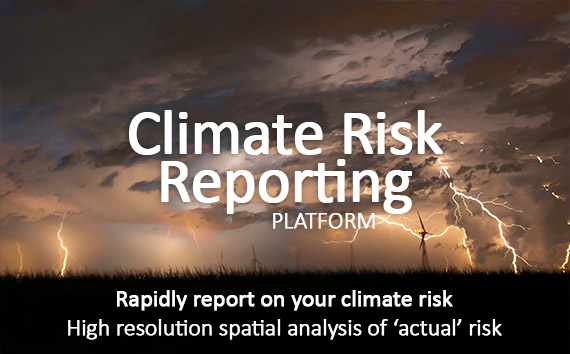Source: Bureau of Meteorology
For people in Central, East Gippsland, Mallee, South West,
Northern Country, North Central, North East, West and South
Gippsland and Wimmera Forecast Districts.
Issued at 10:39 am Wednesday, 22 October 2025.
DAMAGING WINDS DEVELOPING OVER MUCH OF VICTORIA TODAY, WITH
DESTRUCTIVE WIND GUSTS POSSIBLE ABOUT THE FAR SOUTHWEST COAST UNTIL
EARLY TO MID AFTERNOON.
Weather Situation: A deep low pressure system entering western
Bass Strait will continue to move rapidly eastwards through Bass
Strait today, then weaken and clear eastwards into the Tasman Sea
Wednesday night. Vigorous northwest to southwesterly winds are
expected to impact much of Victoria during Wednesday, particularly
with showers and thunderstorms.
Strong northwest to westerly winds averaging 50 to 60 km/h with
DAMAGING GUSTS to 100 km/h over elevated areas and southwestern
Victoria, will extend eastwards over the remainder of the warning
area including MELBOURNE during the afternoon and early
evening.
DAMAGING west to southwesterly winds averaging 60 to 80 km/h with
gusts to 100 to 120 km/h are likely to develop over the far
southwest later Wednesday morning, and shift eastwards over
southern parts of the Central district including Geelong and the
Mornington Peninsula during the afternoon, and into south Gippsland
by the late afternoon.
DESTRUCTIVE WIND GUSTS to 130 km/h are possible about the coast
west of Port Fairy until mid afternoon.
Conditions are expected to ease over the north and west later
Wednesday afternoon, over central parts in the evening and over the
southeast during Thursday morning.
Locations which may be affected include Horsham, Warrnambool,
Bendigo, Shepparton, Seymour, Maryborough, Ballarat, Geelong,
Melbourne, Wangaratta, Traralgon and Bairnsdale.
94 km/h wind gust recorded at Warrnambool Airport at 10:26
am.
93 km/h wind gust recorded at Mt William at 3:39 am.
The State Emergency Service advises that people should:
* If driving conditions are dangerous, safely pull over away from
trees, drains, low-lying areas and floodwater. Avoid travel if
possible.
* Stay safe by avoiding dangerous hazards, such as floodwater,
mud, debris, damaged roads and fallen trees.
* Be aware - heat, fire or recent storms may make trees unstable
and more likely to fall when it's windy or wet.
* Check that loose items, such as outdoor settings, umbrellas and
trampolines are safely secured. Move vehicles under cover or away
from trees.
* Stay indoors and away from windows.
* If outdoors, move to a safe place indoors. Stay away from trees,
drains, gutters, creeks and waterways.
* Stay away from fallen powerlines - always assume they are
live.
* Be aware that in fire affected areas, rainfall run-off into
waterways may contain debris such as ash, soil, trees and rocks.
Heavy rainfall may also increase the potential for landslides and
debris across roads.
* Stay informed: Monitor weather warnings, forecasts and river
levels at the Bureau of Meteorology website, and warnings through
VicEmergency website/app/hotline.

21/Oct/2025 11:47 PM



